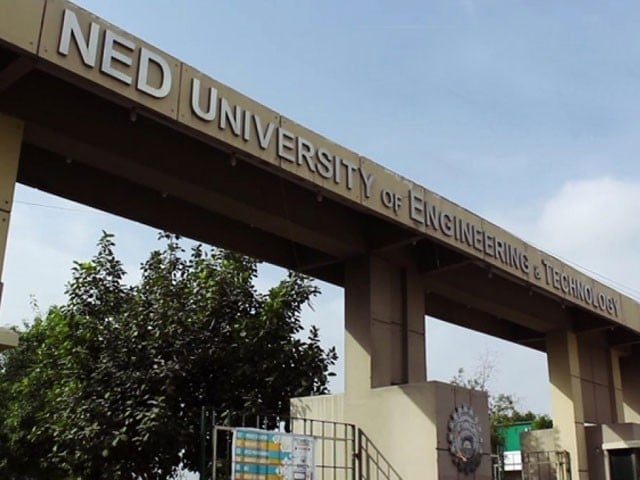
In a groundbreaking initiative, NED University of Engineering and Technology in Karachi has embarked on Pakistan’s first AI-powered driverless car project. This initiative is spearheaded by the National Center for Artificial Intelligence (NCAI) at NED University, making it a pioneering effort in the country’s technological advancements. With a virtual drive system already in place, the project aims to introduce fully autonomous vehicle technology to Pakistan’s roads within six months.

Project Overview
| Feature | Details |
|---|---|
| Institution | NED University of Engineering & Technology |
| Project Lead | Dr. Muhammad Khurram (Associate Professor) |
| Technology Used | Artificial Intelligence (AI), Robotics, Object Detection, Lane Recognition |
| Testing Timeline | Six months for initial test drive |
| Current Stage | Software development, real-time vehicle control, and virtual testing |
The Role of AI in the Driverless Car Project
AI plays a pivotal role in transforming a regular electronic car (imported from China) into a fully autonomous vehicle. The primary AI-driven features being developed include:
-
Object Detection: Recognizing obstacles and vehicles on the road
-
Lane Recognition: Ensuring the vehicle stays within its designated lane
-
Speed Limit Monitoring: Adjusting speed based on traffic regulations
-
Traffic Signal Recognition: Detecting and responding to traffic signals
-
Steering Control: Ensuring smooth navigation and turns
Virtual Drive System: A Key Milestone
One of the major breakthroughs in this project is the successful implementation of a virtual drive system. Research students Inzamam and Aleema highlighted that AI, combined with robotics techniques, is being used to test drive the vehicle in a virtual environment. This helps in:
-
Testing different road conditions
-
Analyzing AI decision-making
-
Improving response times for real-world application
Key Benefits of the Project
The introduction of an AI-powered driverless car in Pakistan can have numerous benefits, including:
1. Enhanced Road Safety
-
Reduction in human error-related accidents
-
AI-driven decision-making for better traffic management
2. Technological Advancement
-
Boosting Pakistan’s presence in AI and robotics research
-
Encouraging local tech innovation
3. Economic and Environmental Impact
-
Potential reduction in fuel consumption
-
Integration with electric vehicles for eco-friendly transport
Future Prospects & Challenges
Short-Term Goals (Next 6 Months)
✔ Completing AI-driven software development
✔ Testing real-time vehicle control on university roads
✔ Enhancing object detection and navigation algorithms
Long-Term Vision
✔ Expanding autonomous driving trials to public roads
✔ Collaboration with government authorities for policy frameworks
✔ Exploring commercial applications in ride-hailing and logistics
Challenges Faced
Despite its promising potential, the project faces some hurdles:
-
Regulatory Framework: Absence of laws governing driverless vehicles in Pakistan
-
Infrastructure Limitations: Need for smart roads and AI-friendly traffic systems
-
Public Acceptance: Educating people about AI-driven transportation safety
Government & Institutional Support
The National Center for Artificial Intelligence (NCAI) at NED University is one of nine AI research centers established by the federal government. This initiative aligns with Pakistan’s broader vision of promoting AI and smart technology solutions in various sectors, including transportation.



.jpg)









.jpg)

